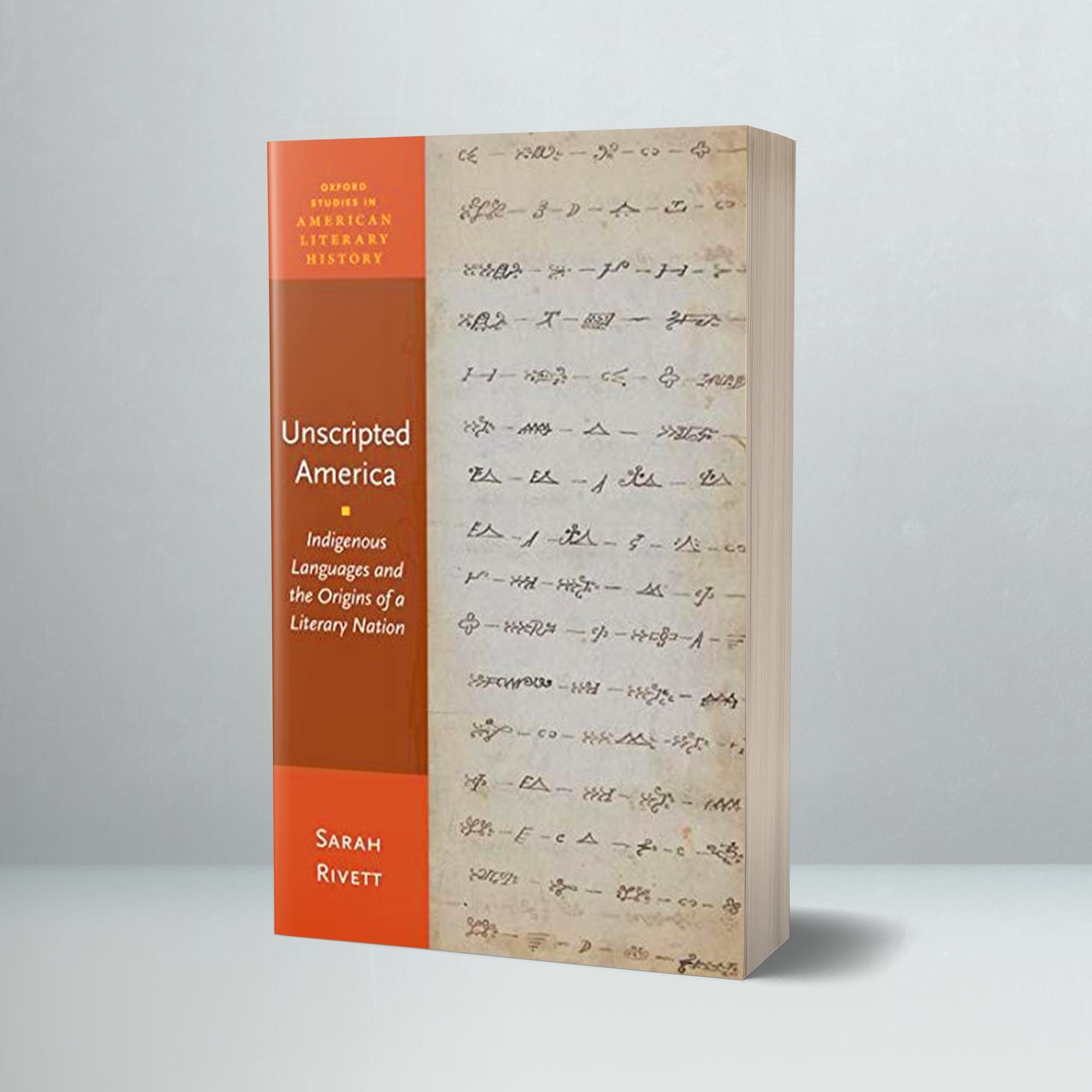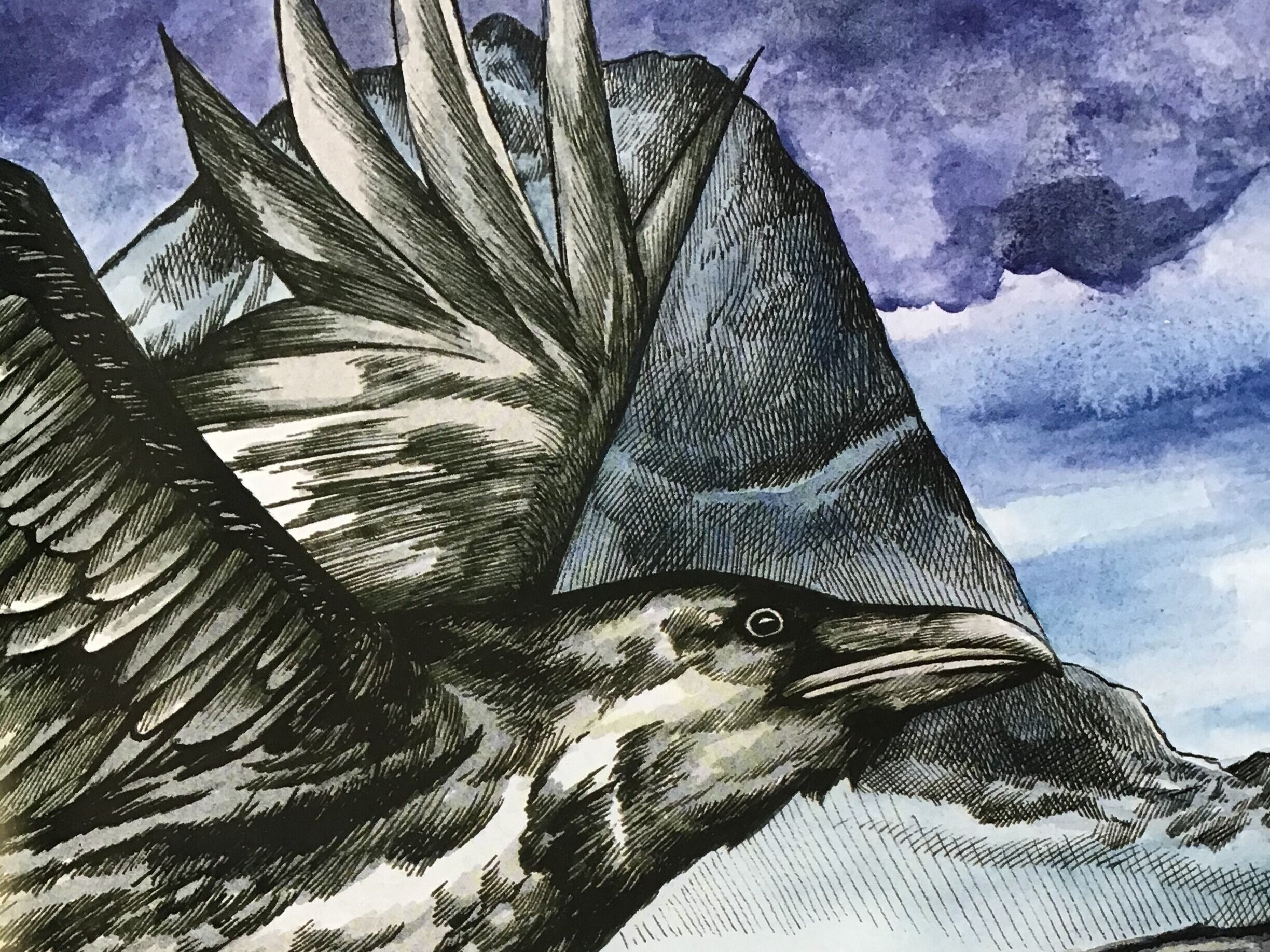
“What I love about early American literature is that what at first seems historically distant ends up illuminating aspects of our contemporary culture that we may otherwise miss.”
- Sarah Rivett -
In my teaching and writing, I enjoy tracing connections across time and place, from the earliest days of colonization to the United States today. Literature can reveal how distinct history is from the contemporary United States, but it can also teach us a lot about who we are. I focus on the interplay between Indigenous and European religions, languages, and cultures.
My website shows my current and past projects and how they strive to encompass the many different histories of North America. I aim to highlight voices that have traditionally been silenced, obscured, or overshadowed by myths of national progress. When inclusive of diverse perspectives and experiences, American literature invites us to understand the past in new ways and imagine alternative futures.
Research questions that guide my work:
What is the impact of religion and Enlightenment on American literary history?
How does historiography, especially in my somewhat peculiar field of early American literature, sit alongside or against national stories of origins?
How can we think relationally about settler colonial and Indigenous epistemologies?
Unscripted America: Indigenous Languages and the Origins of a Literary Nation
by Sarah Rivett
Unscripted America is a study of how colonists in North America struggled to understand, translate, and interpret Native American languages. Through a close analysis of previously overlooked texts, Unscripted America places American Indian languages within transatlantic intellectual history, while also demonstrating how American letters emerged in the 1810’s through the 1830’s via a complex engagement with the legacies and aesthetic possibilities of indigenous words.
review of unscripted america
“an indispensable text for scholars examining the history of cultural exchange in Native North America,”
- Frank Kelderman, H-Net -
Undergraduate & Graduate
Featured Academic Courses
Native American Literature
This upper-level course offers an in-depth examination of Native American Literature. Readings primarily consist of American Indian and Aboriginal Canadian authors, yet we place these authors in the context of the global phenomenon of indigeneity and settler colonialism. Native American Literature invites us to think differently about the present and the future. The underlying conviction of the course is that the study of Indigenous literature offers an occasion to reflect on, critique, and contest settler colonialism, or the dispossession of land and waters and the attempt to eliminate Indigenous people.
American Literary History
This course surveys American literature from the colonial period to the Civil War. We read autobiographies, sermons, slave narratives, revolutionary tracts, essays, novels, and poems. We will also discuss how early American literature shaped and was shaped by settler colonialism, and how origin stories continue to define our understanding of America. One goal of the class will be to learn from the political work of land acknowledgements, and Indigenous and African American practices of storytelling and memorialization.
Recent
Podcast Hosted by Throughline featuring Sarah Rivett, Ramtin Arablouei, Rund Abdelfatah, Devin Katayama, Lawrence Wu, Casey Miner, Julie Caine, Peter Balonon-Rosen, Cristina Kim, Anya Steinberg, Irene Noguchi, Thomas Lu
December 7, 2023
“Raven’s Land: American Literary History In Medias Res”
American Literary History, February 2022, 34.1
“The Raven and the Bobolink: An American Fable”
Co-authored with Chi-ming Yang, Early American Literature, 2021, 56.2, (329-350)
Talks & Events
From featured past talks to upcoming events, get information on topics, dates, and more.










